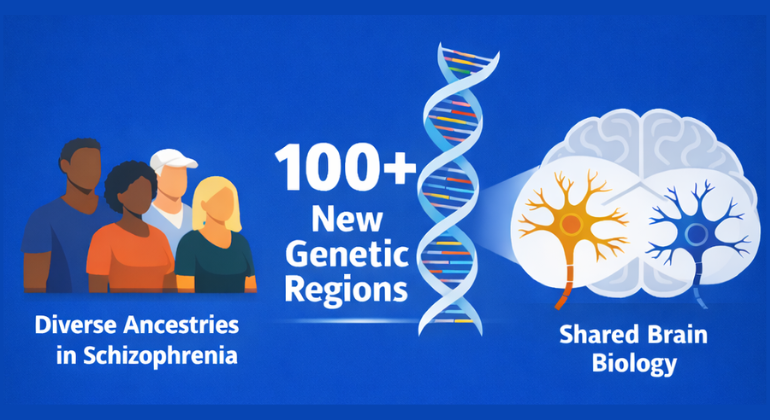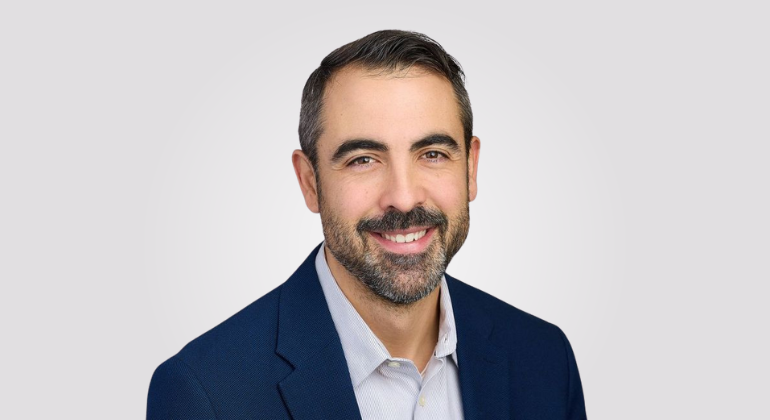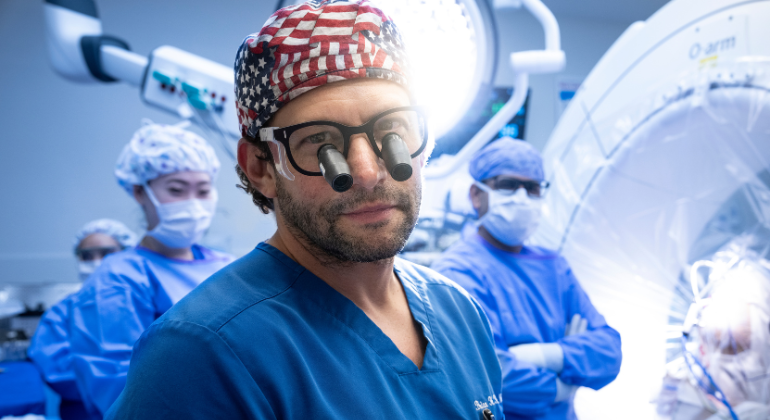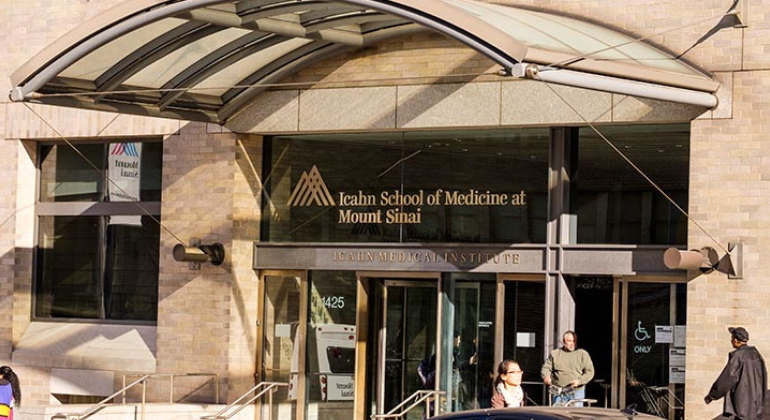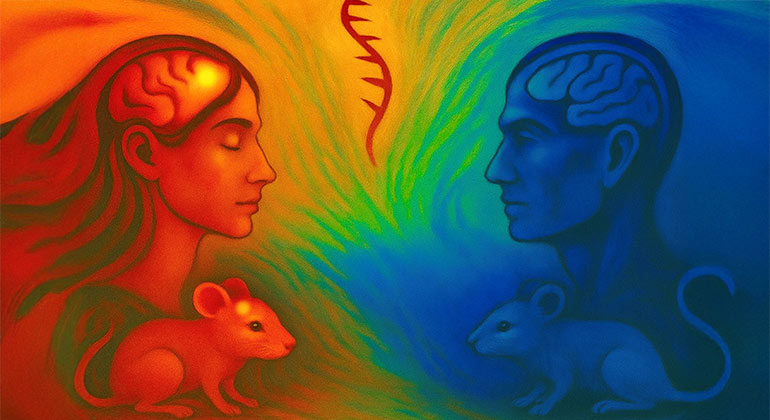Mount Sinai Researchers Identify Brain Mechanism for Resilience in People with High Risk of Bipolar Disorder
Results suggest brain is able to adapt to biological risk of bipolar disorder
Researchers from the Icahn School of Medicine at Mount Sinai have identified a brain mechanism in siblings of bipolar patients that makes them resilient to bipolar disorder. The results suggest that the brain is able to adapt to the biological risk for bipolar disorder and open new avenues in pursuing further research to enhance resilience in those at risk and currently affected.
The study will be published online on August 18th in The American Journal of Psychiatry.
Bipolar disorder, a brain disorder that causes unusual shifts in mood, energy, activity levels, and the ability to carry out day-to-day tasks, affects approximately 5.7 million Americans age 18 and older every year. The disease tends to run in families: siblings of patients with bipolar disorder are 10 times more likely to develop the illness, compared with the general population. However, most people with a family history of bipolar disorder will not develop the illness.
To identify what makes people at risk for bipolar disorder resilient, investigators examined functional magnetic resonance imaging scans from 78 patients with bipolar disorder, 64 of their unaffected siblings, and a control group of 41 nonrelatives who did not have the disorder. While the siblings showed genetic evidence of abnormal connectivity in brain regions involved in sensation and movement which has been linked to bipolar disease in other studies, they compensated by having hyper-connectivity in the default mode network (DMN) of the brain. This hyper-connectivity was absent in the group with bipolar disorder. The DMN is a network of interacting brain regions known to have activity highly correlated with each other and distinct from other networks in the brain.
“Most of the risk factors for bipolar disorder, including genetic risk, early childhood adversity, and trauma, are not modifiable,” said the study’s senior author Sophia Frangou, MD, PhD, Professor of Psychiatry at the Icahn School of Medicine at Mount Sinai. “By contrast, this research shows that the brain can modify its connectivity to overcome biological adversity. This gives hope that we can harness this natural brain potential to develop preventive interventions.”
Based on these results, the researchers are conducting a series of follow-up experiments to test whether it is possible to rewire at-risk patients’ brains by simple computerized tasks that enhance brain connectivity. Initial results suggest that simple interventions may restore the functional architecture of the brain and reduce the severity of symptoms in patients.
This study was supported by grants from the National Institutes of Health; grant MH104284-01A1 Catherine T. MacArthur Foundation, the Alfred P. Sloan Foundation, the Army Research Laboratory and the Army Research Office through contracts W911NF-10-2-0022 and W911NF-14-1-0679, NIMH grant 2R01-DC-009209-11, National Institute of Child Health and Human Development grant 1R01HD086888-01, the Office of Naval Research, and grants BCS-1441502, BCS-1430087, and PHY-1554488 from the National Science Foundation.
About the Mount Sinai Health System
Mount Sinai Health System is one of the largest academic medical systems in the New York metro area, with 48,000 employees working across seven hospitals, more than 400 outpatient practices, more than 600 research and clinical labs, a school of nursing, and a leading school of medicine and graduate education. Mount Sinai advances health for all people, everywhere, by taking on the most complex health care challenges of our time—discovering and applying new scientific learning and knowledge; developing safer, more effective treatments; educating the next generation of medical leaders and innovators; and supporting local communities by delivering high-quality care to all who need it.
Through the integration of its hospitals, labs, and schools, Mount Sinai offers comprehensive health care solutions from birth through geriatrics, leveraging innovative approaches such as artificial intelligence and informatics while keeping patients’ medical and emotional needs at the center of all treatment. The Health System includes approximately 9,000 primary and specialty care physicians and 10 free-standing joint-venture centers throughout the five boroughs of New York City, Westchester, Long Island, and Florida. Hospitals within the System are consistently ranked by Newsweek’s® “The World’s Best Smart Hospitals, Best in State Hospitals, World Best Hospitals and Best Specialty Hospitals” and by U.S. News & World Report's® “Best Hospitals” and “Best Children’s Hospitals.” The Mount Sinai Hospital is on the U.S. News & World Report® “Best Hospitals” Honor Roll for 2025-2026.
For more information, visit https://www.mountsinai.org or find Mount Sinai on Facebook, Instagram, LinkedIn, X, and YouTube.
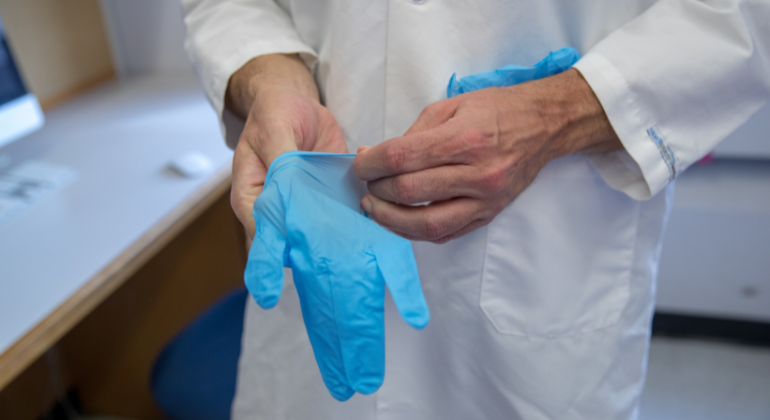
The New England Journal of Medicine Shines Spotlight on Forensic Pathology
Jul 03, 2025 View All Press Releases
